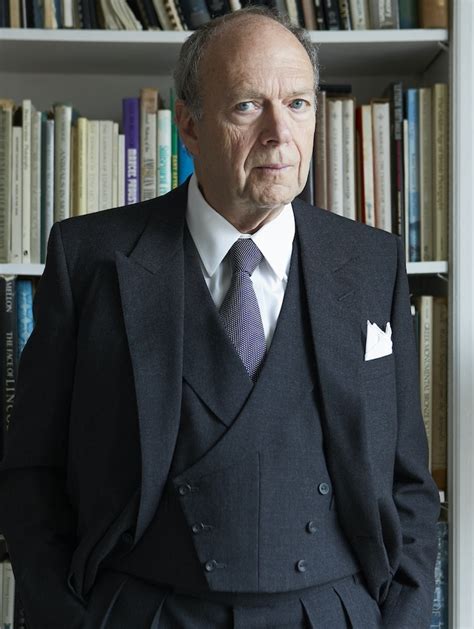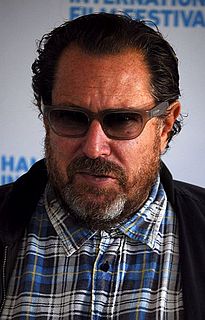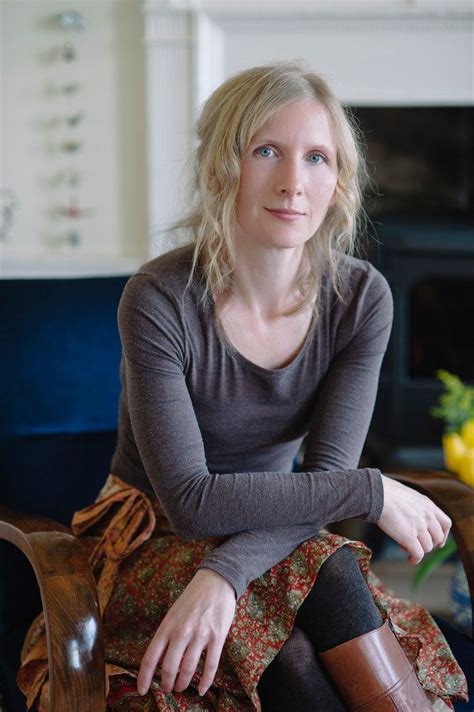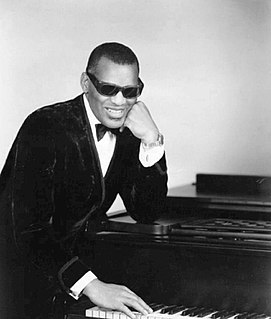A Quote by Frederick Seidel
I was left with myself and had to do the one thing I could to survive. I knew it would be difficult to write, very difficult, but I set about doing it.
Related Quotes
Being someone who had had a very difficult childhood, a very difficult adolescence - it had to do with not quite poverty, but close. It had to do with being brought up in a family where no one spoke English, no one could read or write English. It had to do with death and disease and lots of other things. I was a little prone to depression.
I left the convent and that was because I wasn't a very good nun. I could see that I wasn't going to make it. It's very difficult to be a nun, or to live a religious life. It's very difficult to live a life of total celibacy or a life without any possessions or material responsibilities at all, or in total obedience to somebody else, and remain a mature whole human being, and I knew that I wasn't going to be one of those.
Particularly when I thought of myself as a Wallace Stevens acolyte, I wrote very difficult poetry and I was really guilty of not knowing what I was talking about. I was going for a kind of clever verbal effect. I was trying to sound linguistically or verbally interesting. I had a sense, I guess, from just reading a lot of poetry of how a poem would start and how it would end but really I didn't know what I was doing. It had very little connection to my life.
When you will, make a resolution, set your jaw, you are expressing an imaginative fear that you won't do the thing. If you knew you would do the thing, you would smile happily and set about it. And this fear (since the imagination is always creative) comes about presently and you slide down into the complete slump of several weeks or years - the very thing you dreaded and set your jaw against.







































